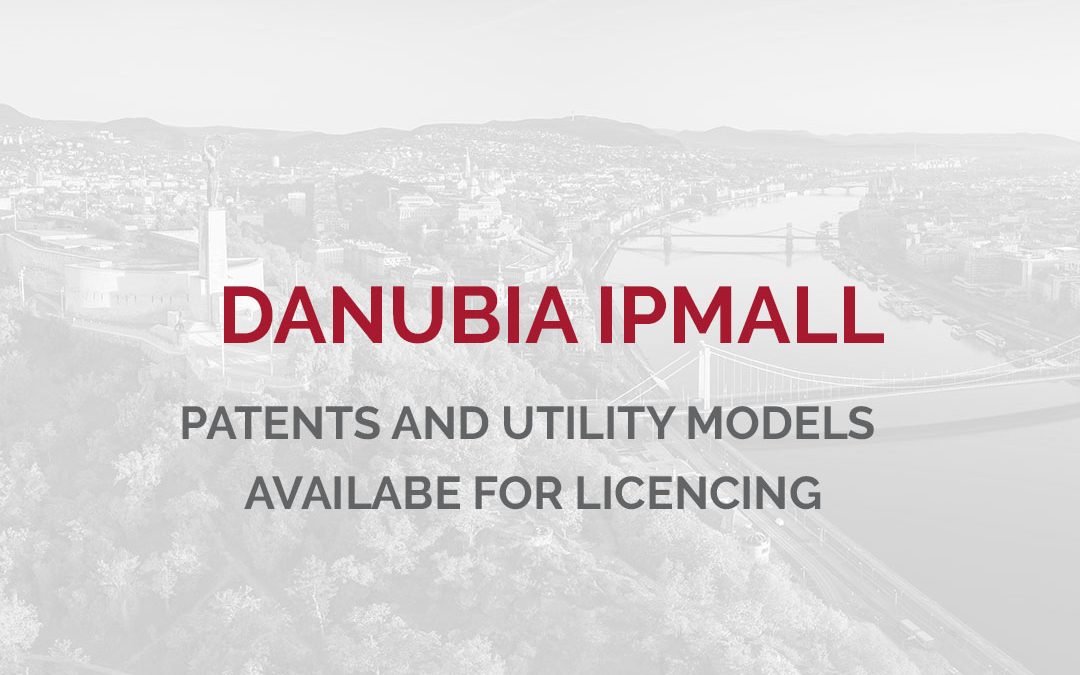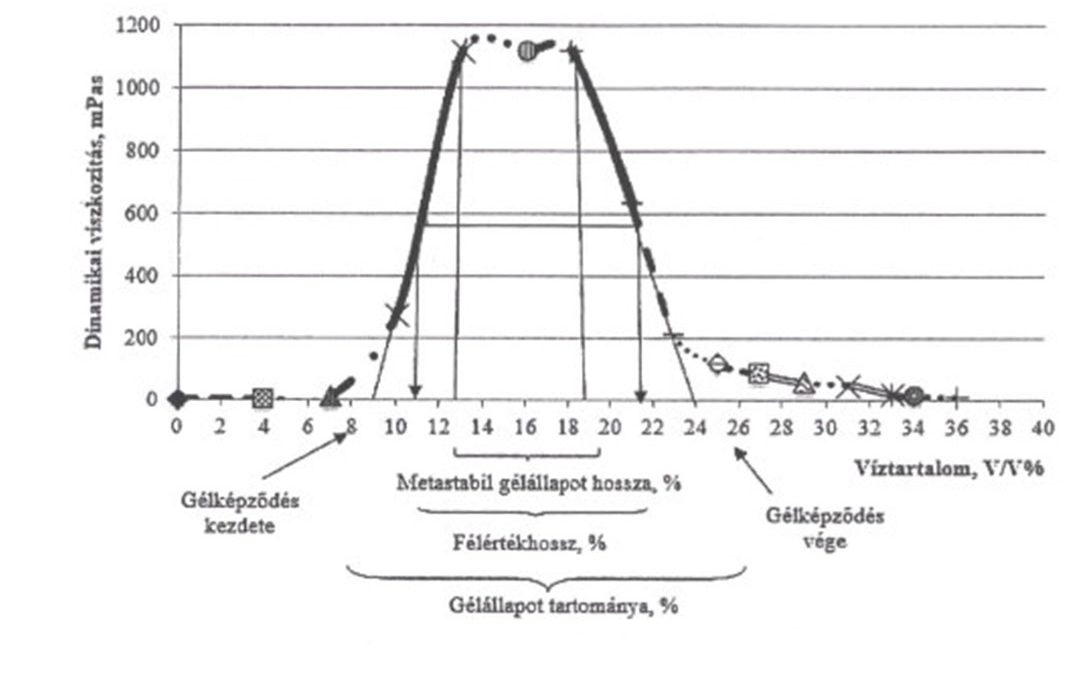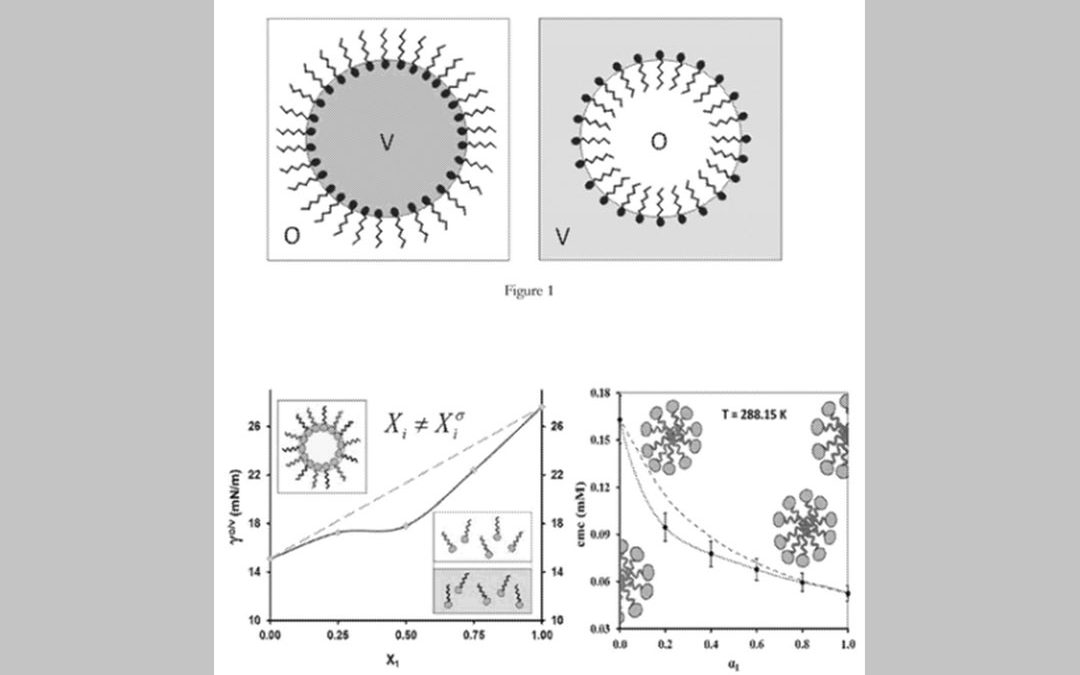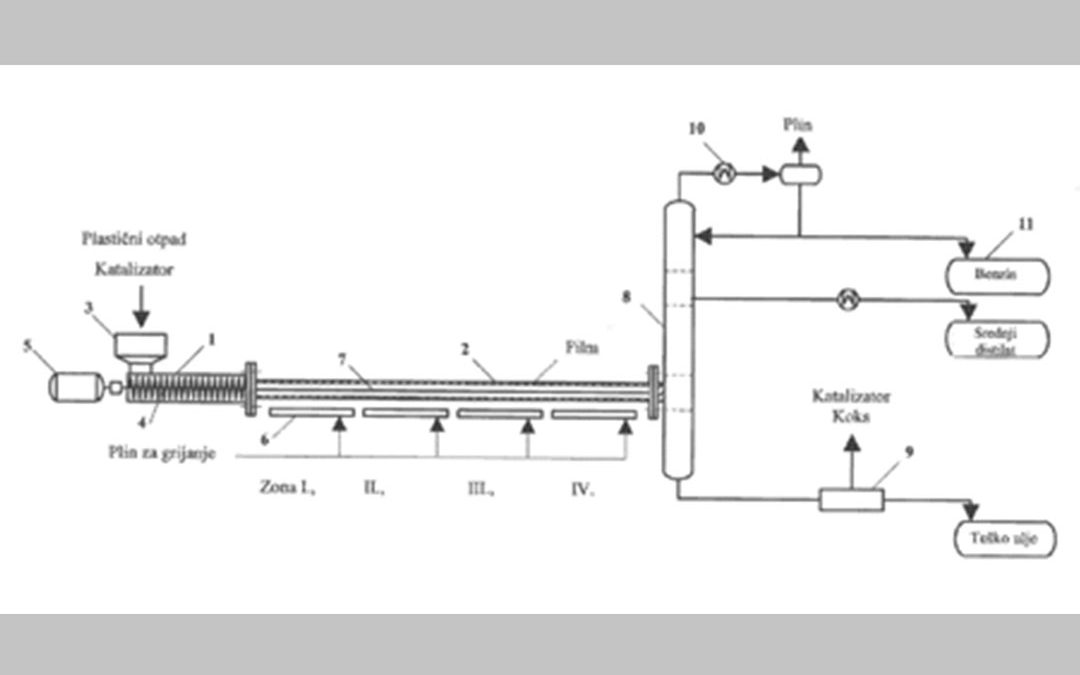
2021. February 17.
The present invention relates to a process for the production of artificial mineral oil containing hydrocarbon fractions having high octane and cetane number, which is produced mainly by environmentally friendly catalytic cracking of plastic wastes containing mainly polyolefins under mild conditions on a specially activated catalyst.

2021. February 17.
The present invention relates to a colloidal composition for stimulating the operation of high water-yield, natural gas, or petroleum-producing wells, which, when mixed with the water, forms a structured high viscosity barrier to exclude the water and to reduce the water/hydrocarbon volume proportion of the production, furthermore, at the time of use, in the proximity of the wells the residual oil sorbed on the surface of the hydrocarbon reservoir and/or the residual oil trapped in the pores of the hydrocarbon reservoir becomes compressible and recoverable.

2021. February 17.
The present invention relates to a nanoemulsion with an oil outer phase and complex aqueous solution internal phase, having delayed-action, containing inorganic and/or organic acids, said nanoemulsion being suitable for treating and stimulating hydrocarbon and thermal water storage layers, and for cleaning the base of wells.

2021. February 17.
The present invention relates to the catalytic, wet disposal treatment of persistent, non-biodegradable oil refinery waste material flows, hazardous substances with high alkali, sulfide, polysulfide and mercaptan content, using an appropriate, combined, alternate-cycle operation method and a suitable catalyst composition such that wastewater material flow loaded with organic matter of a COD value greater than 150 000 mg O2/dm3 is remediated to such a degree at a lower pressure and temperature than industrial operation standard with a catalyst of high Ni content that the treated material flow may be treated in a biological wastewater treatment plant, the cleansed material flow thereof may be discharged into surface waters.

2021. February 17.
The present invention relates to a technology that is capable of the recovery of plastic waste and other plastic by-products by thermal decomposition, becoming increasingly important for the protection of the environment, by the application of a high-throughput, continuous operation mixed film reactor, and cracking process for converting moderately contaminated polyolefin and polystyrene-based plastic wastes into suitable raw material that can be used directly for the refining process of producing synthetic oil.









